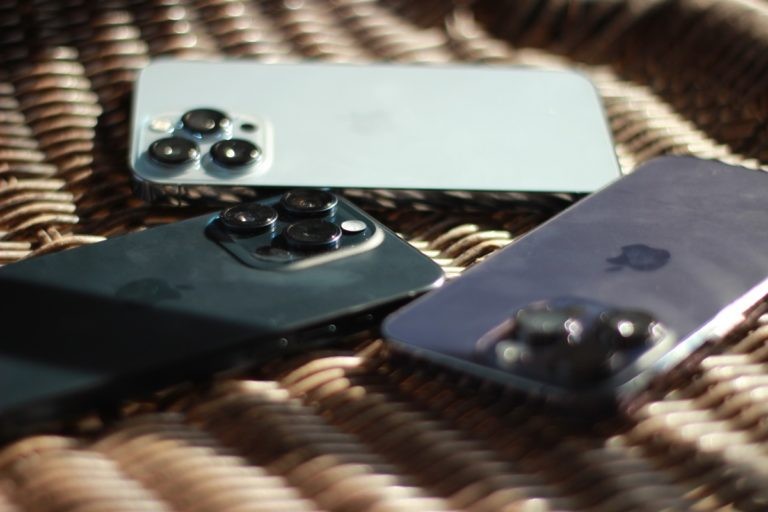
In a bizarre turn of events, law enforcement agencies across the country are reporting a perplexing phenomenon: iPhones are seemingly rebooting themselves during police encounters, effectively locking officers out of the devices.
The issue came to light when several police departments noticed a pattern of iPhones unexpectedly shutting down and restarting during routine traffic stops and other interactions with the public. Upon reboot, the devices require a passcode to unlock, rendering them inaccessible to officers attempting to search the phones.
This mysterious occurrence has left law enforcement officials scratching their heads and scrambling for explanations. Some speculate that it could be a new security feature implemented by Apple, while others wonder if it's a glitch in the system or even a deliberate act by phone owners.
Detective John Smith of the New York Police Department expressed his frustration, saying, "We've never seen anything like this before. It's as if the phones have a mind of their own, choosing to lock us out at the most inconvenient times."
Civil liberties advocates, however, view this development as a potential safeguard for privacy rights. Sarah Johnson, a spokesperson for the Digital Rights Coalition, stated, "If this is indeed a new security measure, it could provide an additional layer of protection for individuals' personal information during police encounters."
Apple has yet to comment on the situation, leaving both law enforcement and the public speculating about the cause of these mysterious reboots. As the debate over digital privacy and law enforcement access to personal devices continues, this unexpected twist adds a new layer of complexity to an already contentious issue.
For now, police departments are advising officers to be prepared for potential iPhone shutdowns during interactions with the public and to follow proper procedures for obtaining warrants when necessary to access locked devices.
As this story develops, it remains to be seen whether this is a widespread issue or an isolated incident. Regardless, it has certainly caught the attention of both law enforcement and privacy advocates, sparking renewed discussions about the delicate balance between security and individual rights in the digital age.